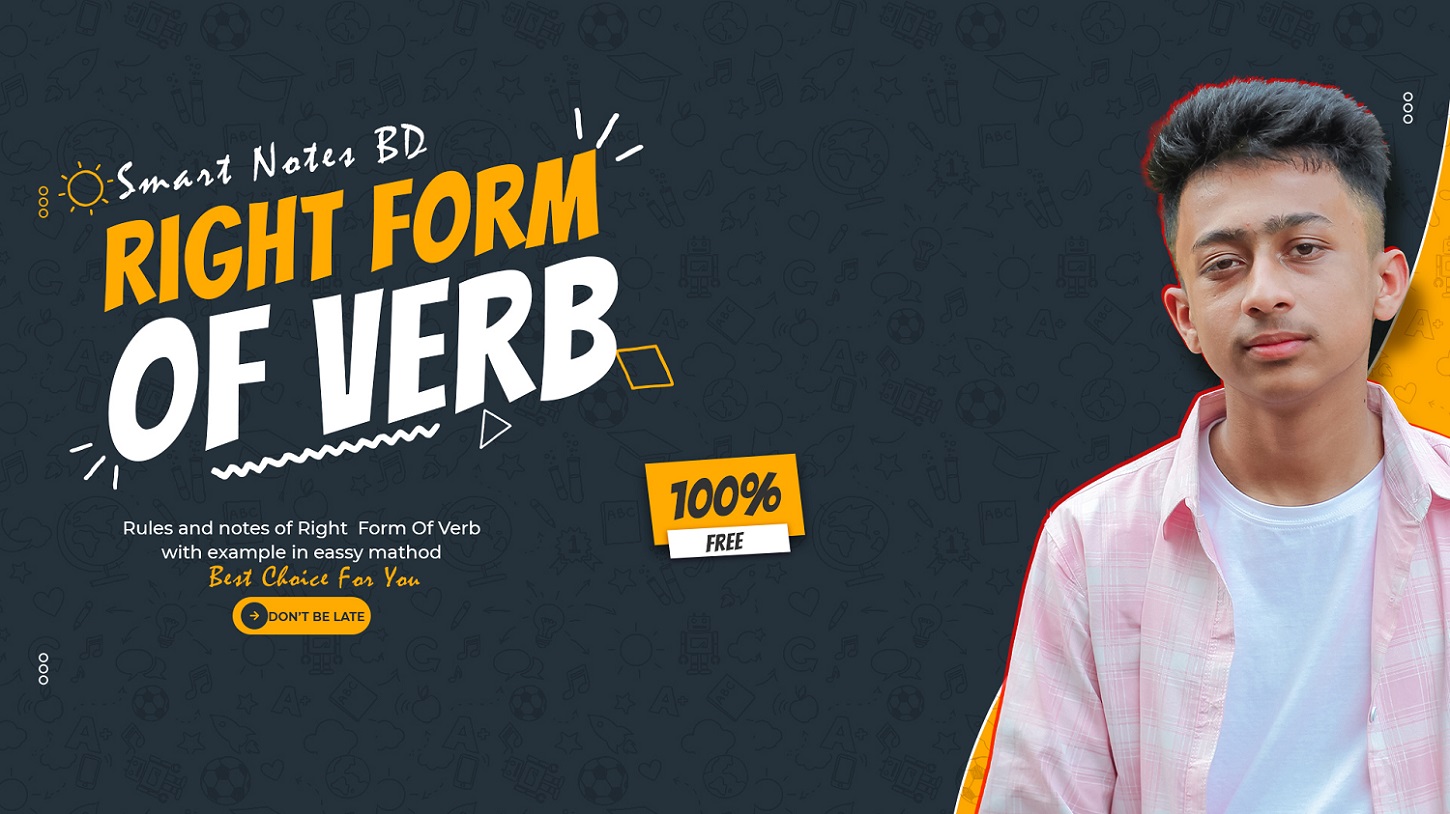Changing sentence

Phrase vs. Clause Phrase: একাধিক word এর সমষ্টি কিন্তু কোন subject এবং finite verb থাকবে না। Clause: এক বা একাধিক word এর সমষ্টি যেখানে অবশ্যই subject ও finite verb থাকবে। ➲ বিঃদ্রঃ প্রত্যেকটা clause ই একটি পূর্ণ sentence/tense হয়। অর্থহীন clause বললেই সেটা কোন না কোন sentence হবে। Finite Verb Non-finite Verb • যেকোন Auxiliary verb • V1 • Auxiliary verb + verb এর যেকোন form • V2 • Modal auxiliary verb + verb • V1 + ing/v3/যেকোন preposition + verb/মূল verb এর পর verb এর যেকোন form বিঃদ্রঃ v₁ + ing/v3 এর আগে Auxiliary verb থাকলে তা অবশ্যই finite verb হয় Present form Past form Past Participle form v 1 v 2 v 3 Am/Is/Are ...



